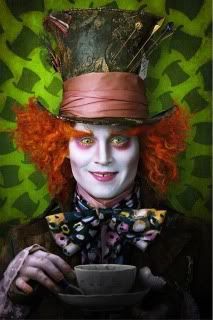 What, the Oscars are just two days away and the studios are still releasing more movies into the market? Doesn’t that seem counter-intuitive to anyone else? Aren’t we all supposed to be staying home or watching “Avatar” for the third time? Sheesh. Anyway, let’s break it down:
What, the Oscars are just two days away and the studios are still releasing more movies into the market? Doesn’t that seem counter-intuitive to anyone else? Aren’t we all supposed to be staying home or watching “Avatar” for the third time? Sheesh. Anyway, let’s break it down:
“Alice in Wonderland“: Tim Burton’s take on the Lewis Carroll classic is a movie that only Tim Burton could have made. That is not, in itself, a compliment..
“At Home By Myself … with You“: Kris Booth’s comedy about a Toronto shut-in is a little on the wobbly side, tone-wise, but a terrific performance from Kristin Booth (no relation, apparently) as the shut-in in question will keep you watching.
“Brooklyn’s Finest“: Antoine Fuqua goes all retro with this brooding cop drama. Until he gets restless, and decides what the movie really needs is a whole lot of gunfire. Don Cheadle’s pretty good, though, and it’s briefly fun to see Ethan Hawke as the worst-case-scenario version of his “Training Day” character.
“The Ghost Writer“: Roman Polanski reminds us of his considerable talent with this polished — if not entirely convincing — adaptation of the Robert Harris novel about a ghost writer (Ewan McGregor) hired to finish the autobiography of a disgraced British prime minister (Pierce Brosnan). Is it heresy to suggest you wait for the unrated DVD, which will presumably feature the undubbed audio?
“Helen”: Ashley Judd fights depression in the new film from Sandra Nettelbeck, who seems a world away from her endearing “Mostly Martha”. Susan liked it, but apparently she’s in the minority.
“A Prophet“: Jacques Audiard’s tremendous study of a young man (Tahar Rahim) staring down a six-year stretch in a French prison is so much more than a jailhouse movie — but you really don’t want to know any more than that. Just go see it, whether or not it wins the foreign-language prize on Sunday night.
“Zooey and Adam”: Sean Garity’s drama casts Daria Puttaert and Tom Keenan as a couple trying to cope with the aftermath of an assault and an unexpected pregnancy. Susan thought it worked really well; Kieran, not so much. I’ll wait for the DVD, thanks.
And thus begins a day that has me zipping around town doing all sorts of things, including a stop at CTV News Channel for the requisite Oscar chat. If you’re near a television set around 1pm, flip it to Rogers Cable 62 to see what I look like without makeup. It’s not for the squeamish.
And don’t forget about tomorrow morning’s appearance on CBC Radio One — “Go!” gets going at 10:30am EST. I may not have time to put a post together before heading down to the studio, so set your alarms now.
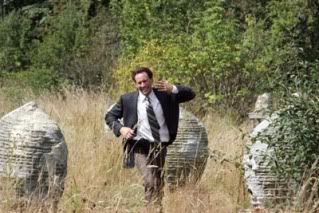 … if you’re in Canada, and you’re near a radio, tune into CBC Radio One this morning at 10:30am to catch my appearance on “Go!“, discussing the Worst Movies Ever with Adam Nayman and Jennie Punter. Musical interludes will be provided by the rockers men call Zeus.
… if you’re in Canada, and you’re near a radio, tune into CBC Radio One this morning at 10:30am to catch my appearance on “Go!“, discussing the Worst Movies Ever with Adam Nayman and Jennie Punter. Musical interludes will be provided by the rockers men call Zeus. What, the Oscars are just two days away and the studios are still releasing more movies into the market? Doesn’t that seem counter-intuitive to anyone else? Aren’t we all supposed to be staying home or watching “Avatar” for the third time? Sheesh. Anyway, let’s break it down:
What, the Oscars are just two days away and the studios are still releasing more movies into the market? Doesn’t that seem counter-intuitive to anyone else? Aren’t we all supposed to be staying home or watching “Avatar” for the third time? Sheesh. Anyway, let’s break it down: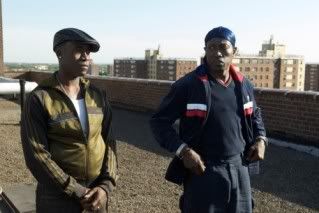 The latest issue of NOW offers some entertaining diversions, including
The latest issue of NOW offers some entertaining diversions, including 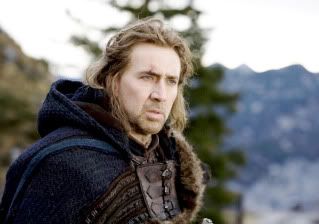 I’ve banged out a
I’ve banged out a 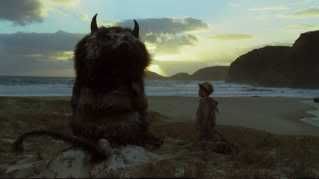 My latest
My latest 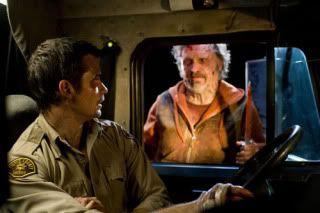 Martin Scorsese’s “Shutter Island”
Martin Scorsese’s “Shutter Island” 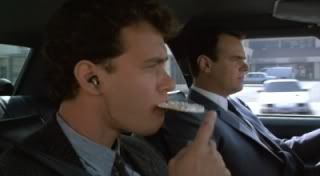 With “Cop Out” invading the megaplex, I had no choice but to dedicate this week’s
With “Cop Out” invading the megaplex, I had no choice but to dedicate this week’s 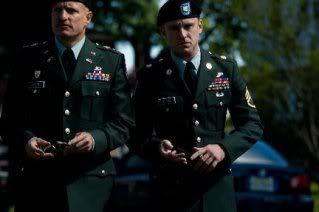 It’s Friday. There’s movies afoot. I’d say something pithy, but today’s a big writing day and I’m already behind, so let’s just get going, shall we?
It’s Friday. There’s movies afoot. I’d say something pithy, but today’s a big writing day and I’m already behind, so let’s just get going, shall we?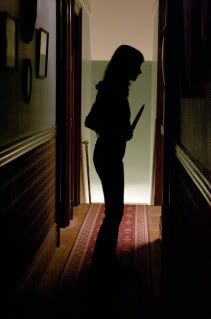 My latest
My latest 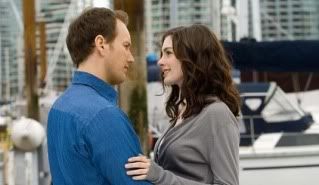 My latest MSN DVD column still hasn’t gone up, so your distraction today is the AV Club’s newest “I Watched This on Purpose” — in which Tasha Robinson tackles
My latest MSN DVD column still hasn’t gone up, so your distraction today is the AV Club’s newest “I Watched This on Purpose” — in which Tasha Robinson tackles